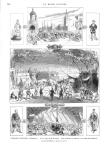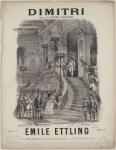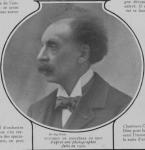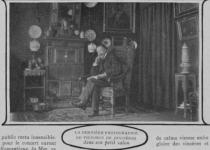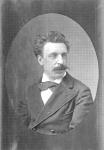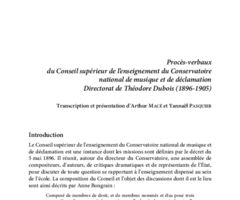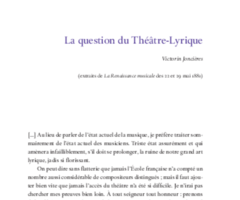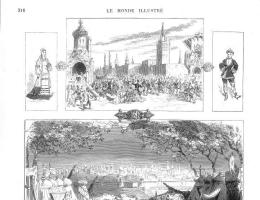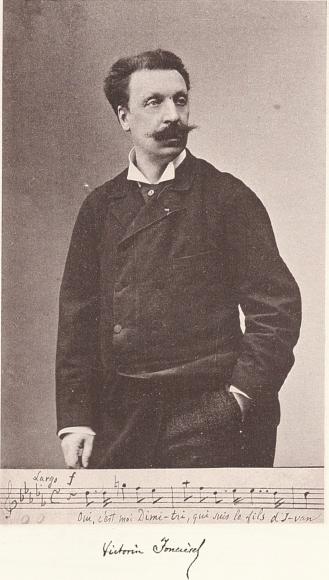
Victorin JONCIÈRES
1839 - 1903
Composer
Félix-Ludger Rossignol, known as Victorin Joncières [or de Joncières] began by training as a painter in Picot’s studio. It was only afterwards that he entered the Paris Conservatoire to study harmony with Elwart, then counterpoint and fugue with Le Borne. The young man left that class early after an alleged disagreement with his teacher about Richard Wagner, whose avant-garde theories he championed for years. Joncières began his composing career in the late 1850s, notably with some incidental music for Shakespeare’s Hamlet, followed by his first opera, Sardanapale, premiered in 1867. Le Dernier Jour de Pompéi, given at the Théâtre-Lyrique in 1869, found little favour with the public or the critics. Among other things, journalists criticised the composer for his rudimentary treatment of the orchestra. As a result, in his Symphonie romantique, Joncières began experimenting with new instrumental sounds, which found their fullest expression in the hugely successful Dimitri, in 1876. However, probably because of a less than convincing performance, La Reine Berthe (Opéra, 1878), followed by the partial failure of Le Chevalier Jean (Opéra-Comique, 1883), undermined his reputation. Joncières did not recover from this difficult period. After his last opera, Lancelot (Opéra, 1900), he retired from the official stage. As well as composing, he gave vent to his opinions as a music critic for La Liberté (between 1871 and 1900), in the pages of which he supported friends of his, including César Franck and Emmanuel Chabrier.
Focus
Focus
The "ode-symphonie"
Scientific publications
Publication
Victorin Joncières. Dimitri
Articles
Dimitri, text and context
Publication

